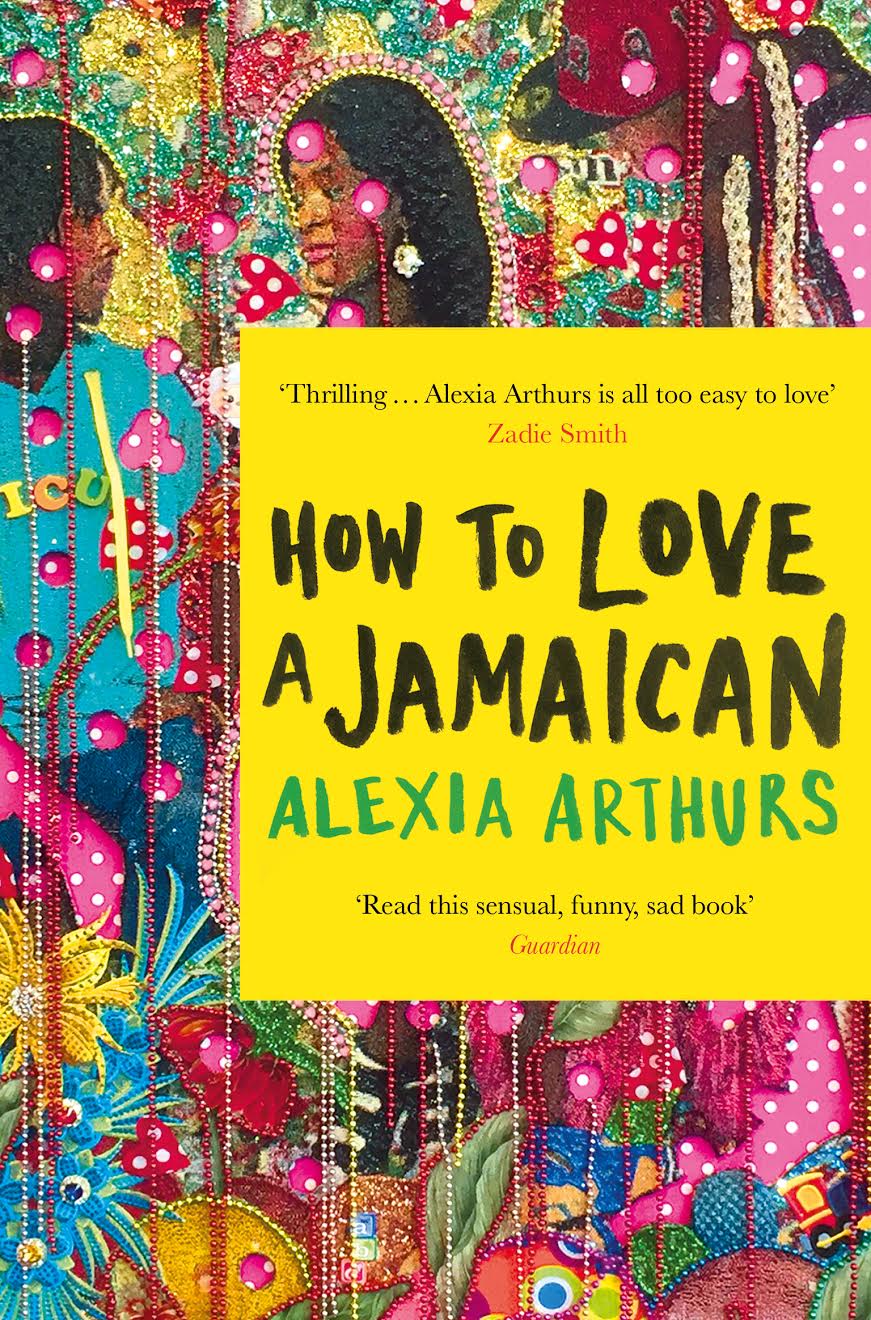reviews for “How to Love a Jamaican”
“A visceral portrait of the Jamaican experience . . . a book that defies every dreadlock-lovin’, Usain-Bolt-cheerin’, ganja-smokin’ stereotype . . . Her masterful handling of women’s sexual selves – those secret spaces where the urgency to feel loved is everything – is reason enough to read this sensual, funny, sad book . . . If you’re not Jamaican, what you have here is a special opportunity to see who we actually are: we’re not at all like you, but absolutely the same. Mostly, Arthurs has written a love letter to Jamaicans, and it feels so good. Yes, iyah. Bless up.”
— Leone Ross, The Guardian
“To overlook Jamaica’s histories while swimming along its shores is to bury its people while searching for paradise...”How to Love a Jamaican” is a joy to read not just because it reminds the reader of lives that deserve close attention, but also because it magnifies, with tenderness, the multitudes within an identity too often dismissed as singular.”
— Hannah Giorgis, The Atlantic
“Presenting people who are unable to be fully in one place or the other, the stories pose a question about the nature of belonging . . . [Arthurs] excels at placing her characters in a tangible world and conjuring relationships rife with ambiguities and sublimated tensions.”
— The New Yorker
“The essence of Arthurs’s often-devastating, always-beautiful short fiction collection can be found in its finally tender illumination of the mother-daughter bond, and of both sides of the divide between Caribbean parents and their Americanized children.”
— Best Books of 2018, Oprah Magazine


